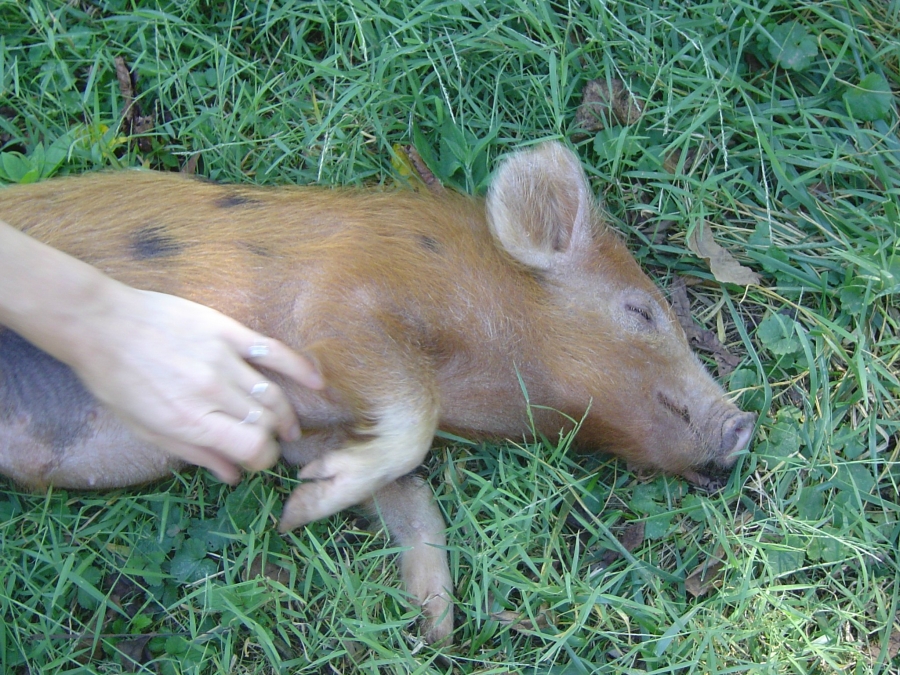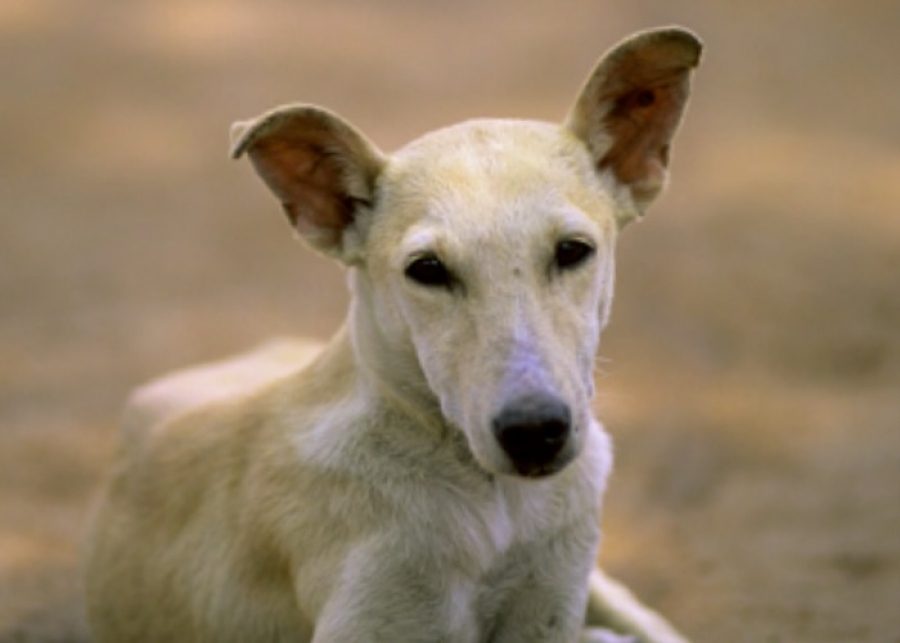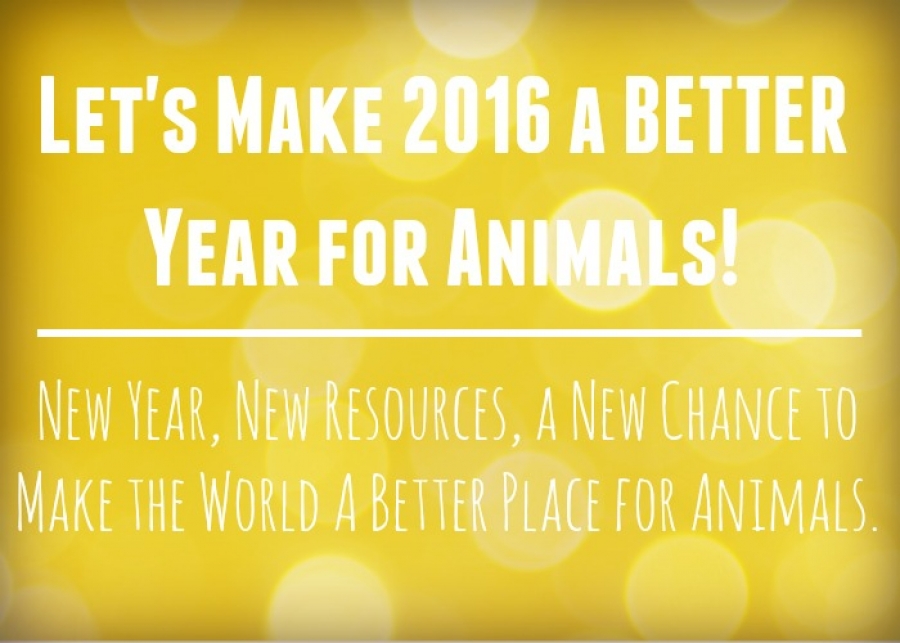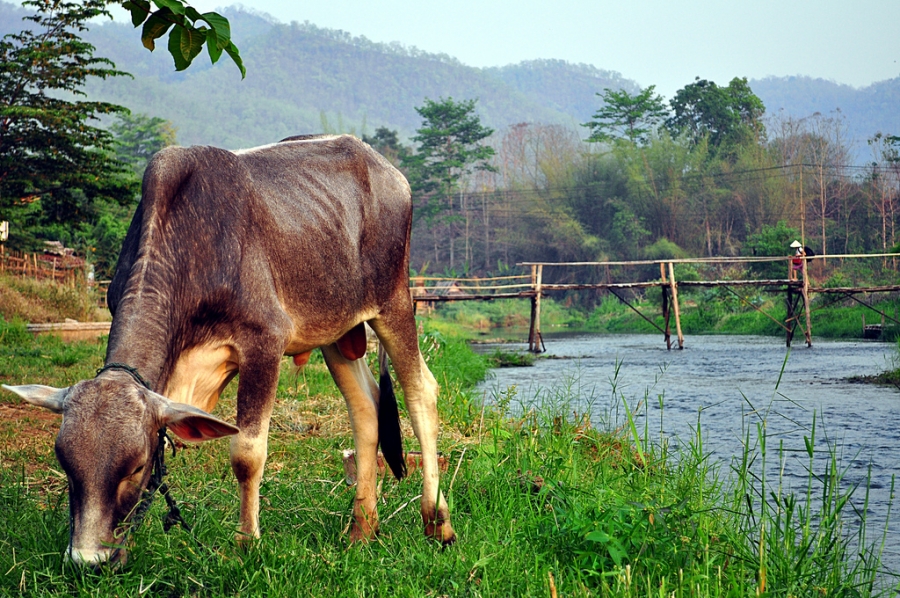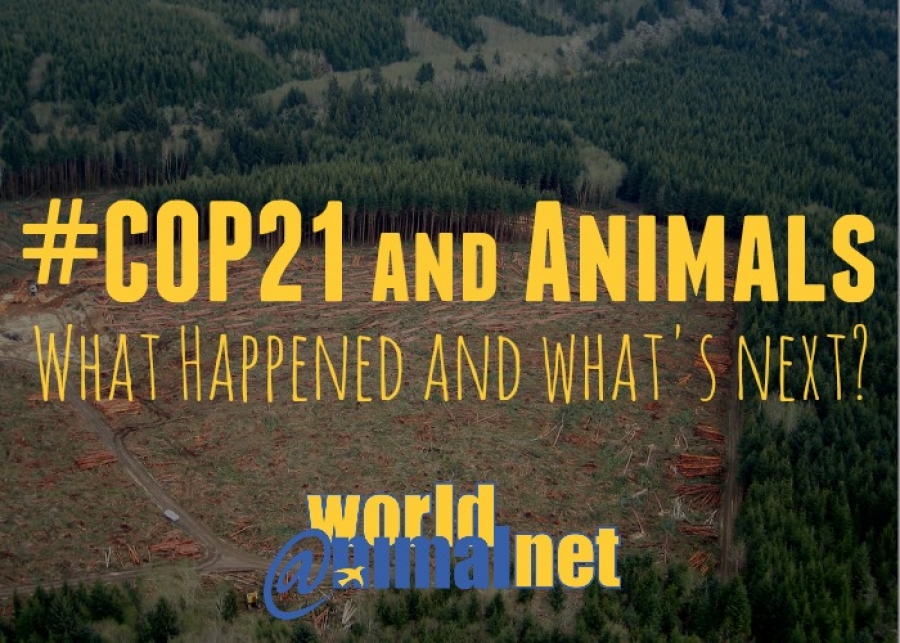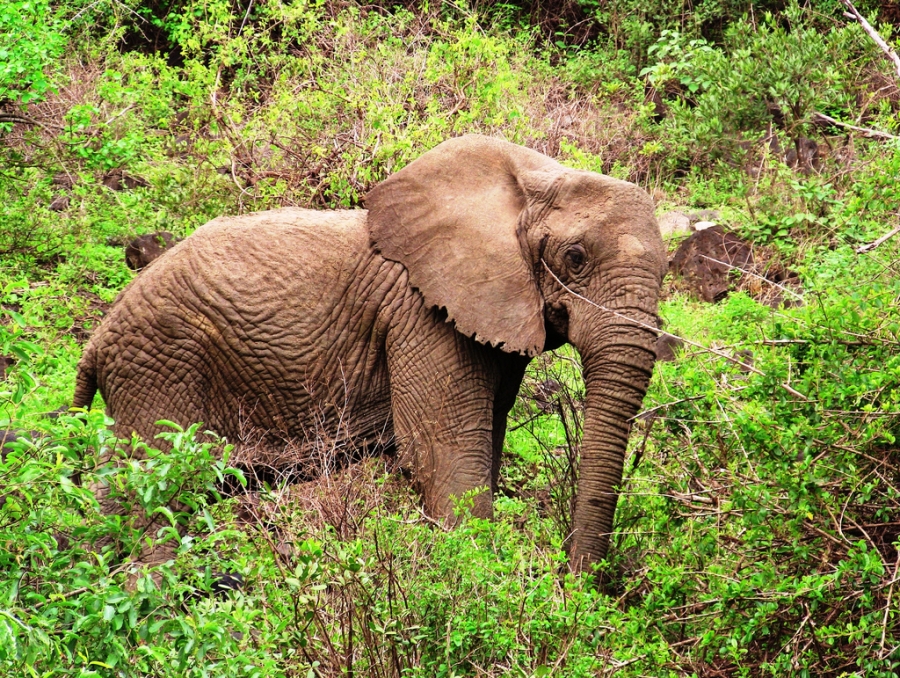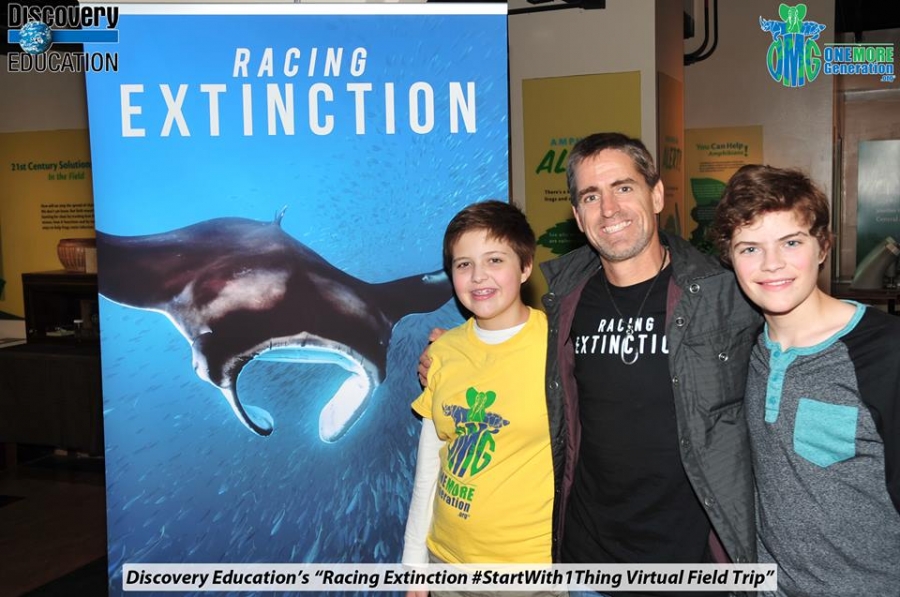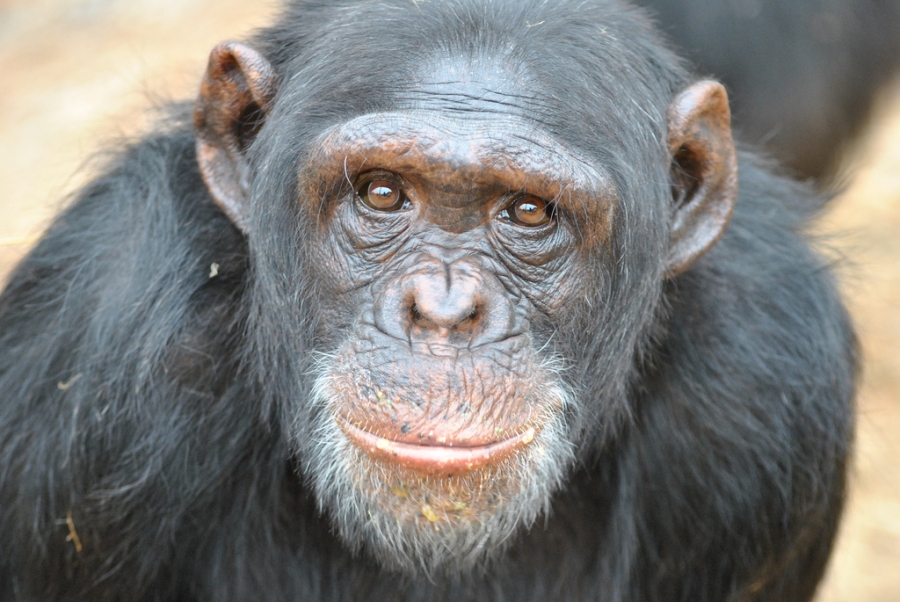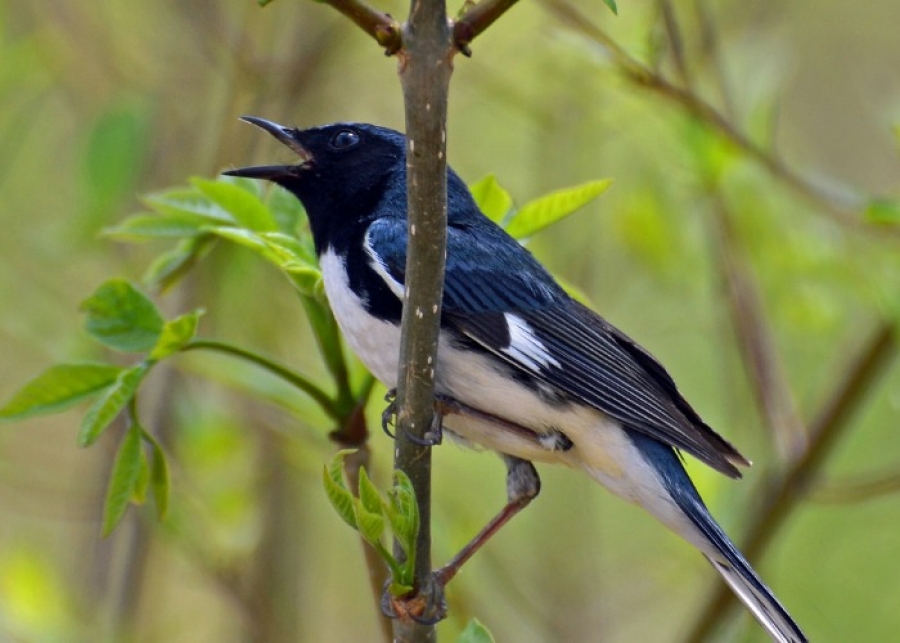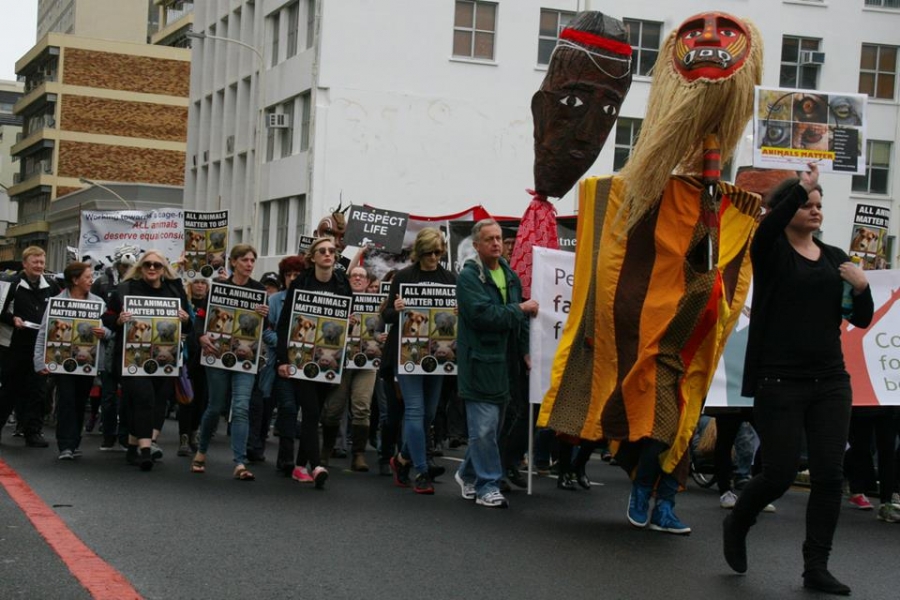
On Saturday mornings I visit an animal sanctuary in rural Maryland where I join a small team of volunteers tending to farm animals rescued from neglect or abuse. Some of these animals will never fully trust a human, while others want to interact.
The International Companion Animal Management (ICAM) Coalition was formed to facilitate the sharing of learning between some of the largest international animal welfare NGOs that invest in dog and cat population management. We were conscious that we faced many similar challenges and, by putting our heads together, we could forward our understanding and therefore improve our impact on animals. As a result of our earliest meetings, we developed a guidance document that distilled our shared knowledge on dog population management. The ICAM ‘Humane Dog Population Management Guidance’, or the ‘DPM guide’, was released in January 2007 (you can access a copy in several languages from the first item in the ‘Downloads’ window on our ICAM website).
WAN’s 2015 Accomplishments: Ensuring a Bright Future for Animals Everywhere
Jessica Bridgers, Janice Cox, and Akisha Townsend EatonAdvocates around the world have made amazing strides for animals this year. From the U.S. ending government-funded experiments on chimpanzees, to the end of animal sacrifice in Nepal’s Gadhimai festival, 2015 was a big year for animals.
I was surprised to learn that many Animal Protection Organisations (APOs) do not recognise the importance of the World Organisation for Animal Health (OIE)’s work on animal welfare – and that some remain completely unaware of this work. This is the long-awaited international policy framework for Animal Welfare (AW), which we can use to push and prod obstinate governments to take action for the animals!
COP 21 and Animals: What Happened and What’s Next?
Written by Akisha Townsend EatonOn the weekend of December 12 and 13, 2015, something monumental happened—representatives of 195 nations adopted a climate agreement in Paris at COP 21. For the first time in history, nearly every country on the planet is committed to working to limit dangerous greenhouse emissions to combat the worst impacts of climate change. More specifically, these nations have agreed to pursue efforts to slow the increase in global temperatures to 1.5 Celcius degrees above pre-industrial levels. Among the legally binding elements of the agreement are the requirements to submit emission reduction targets and regularly review those goals.
NGO-isation of the Resistance: Is the Animal Protection Movement a Casualty?
Written by Janice CoxI had been nursing a burning desire to write another blog on the Animal Protection Movement for some weeks, when an excellent speech by Arundhati Roy came across my desk. Entitled ‘The NGO-isation of the Resistance’. Watch it now - it is a ‘must-view’!
Advocacy Spotlight: One More Generation (OMG)
Written by Jessica BridgersRecently, World Animal Net was honored to meet Jim Ries, President of One More Generation (OMG). OMG is a unique organization in that it was founded by two kids, Carter and Olivia Ries, who care deeply about animals and the environment that they (and we) rely on for survival. Carter and Olivia are passionate about empowering their peers to realize that their actions can in fact have a profoundly positive impact on the world around them. The work of this organization has inspired us at World Animal Net, and makes us optimistic for the future generations who will inherit the torch of making the world a better place for all its inhabitants.
OMG's Jim Ries was kind enough to answer our questions about how their organization accomplishes its mission of youth empowerment. Don't forget to check out their Orangutan Letter Writing Campaign!
U.S. Move to Retire all Government-Owned Research Chimpanzees: A Big Step in the Right Direction, but Still a Long Journey Ahead
Written by Jessica BridgersLast week, news broke that the U.S. government would retire all 50 chimpanzees it was holding in reserve “in case” of need for them in the future as research subjects. This victory comes as the result of a campaign spanning many years and which would not have been possible without the collaboration, cooperation, and joint advocacy of numerous animal protection groups, both small and large, nationwide.
Last Week’s Legal Milestones for Animals
Written by Akisha Townsend EatonLegal advancements for animals can often come at a painfully slow pace. But last week, we couldn’t help but notice how many wins and promising animal law-related news items kept coming in. Here are a few of the highlights:
World Animal Day Makes Animal Issues Front Page News Around the Globe!
Written by Jessica BridgersA few months ago, Caroline Ruane, Campaign Manager for the World Animal Day initiative, wrote to tell us a bit about the background and meaning behind World Animal Day (celebrated October 4 each year). Now that World Animal Day 2015 has come to a close, Caroline has given us an update about how World Animal Day was celebrated and continues to grow around the world, thanks in no small part to World Animal Day’s 89 Ambassadors in 76 countries.

